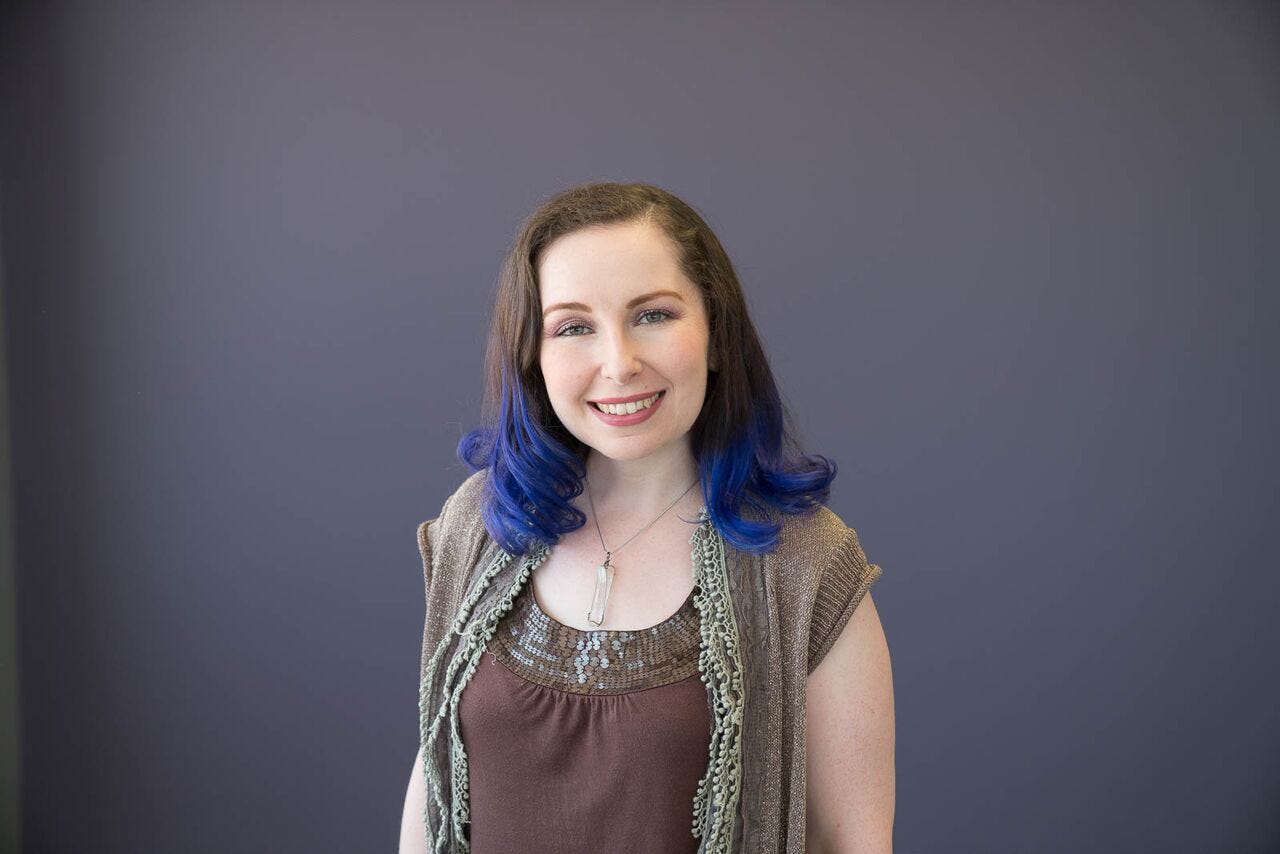I had the pleasure of interviewing licensed clinical psychologist Dr. Natalie Feinblatt. She’s a Los Angeles native who specializes in treating addiction, trauma, the LGBTQIA+ community, and recovering cult members. She sees clients in her LA office or virtually via video sessions.
Thank you so much for joining us! Can you tell us a story about what brought you to this specific career path as a doctor or healer?
Well, I tend to look at this question two ways. The first way is this — when I started my undergraduate degree at UC San Diego I decided to major in Psychology, figuring that I could always change my major if I needed to. Clearly I never needed to because I went on to get my Masters and then Doctorate and here I am today as a psychologist! The second way is this — my opinion is that most of us get into this line of work because we have our own issues, and I am no different. I am in this line of work because therapy has helped me work through my own stuff pretty successfully, and I want to help others through the process.
How have your personal challenges informed your career path?
I guess this question kind of picks up the end of my last answer! I know what it’s like to have to reach out for help and how the transformation process can be both grueling and exhilarating. I have used the tools I’ve gained in therapy & healing work to help me be a better therapist and to inform the choices I’ve made along the way in my career.
Can you share five pieces of advice to other doctors/clinicians/healers to help their patients to thrive?
I think I’m going to make a slight twist on this, and share 5 things I pass on to clients that I think other healers might want to pass on to their clients as well:
- Stop going to the hardware store for orange juice — Some people just don’t have what you want or need, and no matter how many times you go to them for it they just won’t have it.
- The 3 Cs — Whether the client is dealing with a loved one who is an addict, or has untreated mental illness, I remind them that they didn’t Cause it, can’t Control it, and can’t Cure it.
- You are never anybodies last resort — I work with a lot of recovering codependents, and it’s important for them to know that adults can go to other people for help if the client isn’t able or willing to provide them with assistance.
- Progress, not perfection — Perfectionism can be destructive & detrimental to mental health, any progress is positive and shooting for perfection will only result in frustration & disappointment.
- Are you willing to be willing — Willingness is key to healing, and if you’re not willing to make a change are you at least willing to become willing to make the change? Then let’s start there.
Social media and reality TV create a venue for people to share their personal stories. Do you think more transparency about your personal story can help or harm your field of work? Can you explain?
In the field of psychology the general rule about self-disclosure is — examine your motives before you open your mouth. I do my best to abide by that. It means that if you want to be transparent about a personal issue or struggle, do you want to do it because it will help you or because it will help the client? If it’s the former it’s time to keep the disclosure to yourself for the time being & examine your countertransference issues. If it’s the latter then it’s a safer bet that the disclosure will be appropriate & useful for the client. So I think that I will be transparent with my personal story, both on social media & with my clients, when I know that my motivation is to help others and not myself.

Can you please give us your favorite “Life Lesson Quote”? Do you have a story about how that was relevant to your life?
“Pain is mandatory, suffering is optional.”
This quote is definitely related to my own healing journey. There is no such thing as a life without pain. Sure, some lives seem to have more pain than others, but no one gets out of this life pain free. Suffering, however, is when you refuse to accept pain. Then you’ve got two problems — your pain, and the suffering caused by your lack of willingness to accept the pain. I’d much rather accept the pain and just have that one problem to deal with 🙂 And remember, just because you accept something doesn’t mean you like it, agree with it, approve of it, or even understand it. Acceptance just means that you are taking life on life’s terms.
You are a person of great influence. If you could inspire a movement that would bring the most amount of good to the most amount of people, what would that be? You never know what your idea can trigger. 🙂
It’s bizarre to me that, in this day & age, there is no standardized grammar school & high school education on emotions & mental health. We get taught things that we’ll probably never use in adult life, but never get information on the feelings and thoughts we grapple with every single day! I would love to start a movement that would result in classes on psychology & mental health being mandatory for all grammar & high school students.
How can our readers follow you on social media?
Instagram is my main platform, I can be found there at dr_natalie_f
This was very inspiring. Thank you so much for joining us!

